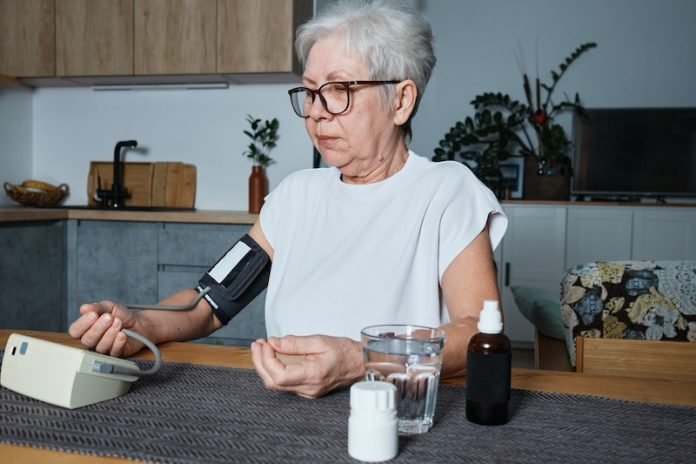
High blood pressure is a common condition, and there are various treatment options.
A recent study from Geisinger Medical Center has shed light on the comparison between two classes of medication: ACE inhibitors and angiotensin receptor blockers (ARBs).
How Do They Work?
ACE Inhibitors: They block an enzyme in the system regulating blood pressure, leading to a decrease in the production of angiotensin, a vessel-narrowing chemical. As a result, the vessels stay wider, lowering the blood pressure.
ARBs: These block receptors that angiotensin attaches to, also lessening the vessel-constricting effect. This has a similar result of keeping vessels relaxed and lowering blood pressure.
The Research Findings
Scope: The study looked at around 3 million first-time patients for high blood pressure medication from the U.S., Germany, and South Korea.
Results: Both ACE inhibitors and ARBs were found to be equally effective. However, ARBs were observed to have fewer side effects, making them more appealing to first-time users.
Limitations: The findings are not applicable to those already on ACE inhibitors or multi-medication regimes.
Professional Guidelines
Several classes of medications are recommended as first-line therapies, including thiazide diuretics, ACE inhibitors, ARBs, and calcium channel blockers. Lifestyle changes and physical activity are also suggested.
This research could bring clarity in treatment choices for healthcare professionals and patients, helping them understand the advantages and potential side effects of both ACE inhibitors and ARBs.
Stay updated with other studies and insights related to high blood pressure, such as unhealthy habits increasing the risk of high blood pressure, the impact of ibuprofen on kidneys when taken with some high blood pressure drugs, and more.
Conclusion
Understanding blood pressure medications is key for individualized care.
This study offers a fresh perspective on two common types of medication, highlighting the importance of considering ARBs as a possible first-line treatment for some.
The study by RuiJun Chen and the team can be found in the Hypertension Journal for those interested in a deeper analysis.
If you care about high blood pressure, please read studies that drinking tea could help lower blood pressure, and early time-restricted eating could help improve blood pressure.
For more information about blood pressure, please see recent studies about a new way to treat high blood pressure, and results showing cannabis strongly linked to death risk in high blood pressure.
Follow us on Twitter for more articles about this topic.
Copyright © 2023 Knowridge Science Report. All rights reserved.



